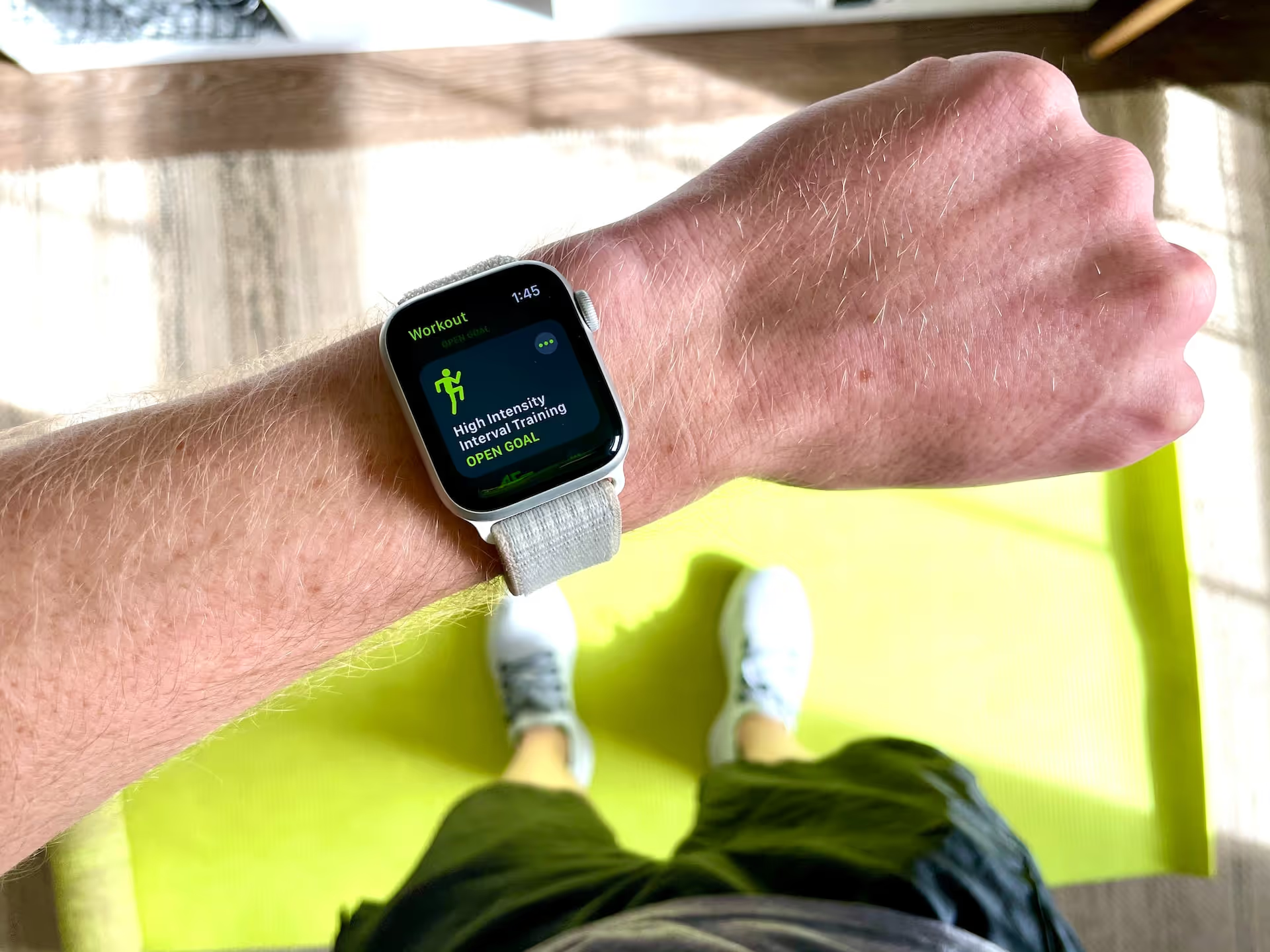By clicking “Accept”, you agree to the storing of cookies on your device to enhance site navigation, analyse site usage, and assist in our marketing efforts.

Habit building in health tech, and health apps in particular, is all about reinforcing behaviours or actions that ultimately contribute to improved health, recovery, or wellbeing. The aim is to systematically build behaviours or actions into a daily routine until they become automatic and ingrained habits.
The concept is based around the habit loop, three elements of cue, routine, and reward. Health apps often help individuals identify their cue, establish a routine, and provide rewards or incentives that reinforce desired behaviours or actions.
The cue triggers the behaviour (“I want to run a 5K”), the routine is the behaviour itself (couch to 5K programme), and the reward provides positive reinforcement (log progress each day).
For many reasons, people can struggle to make lasting changes to their health habits. This could be from lack of motivation, willpower, or simply not having an easy to follow and clear plan.
Health apps made for habit building offer toolsets, features, and resources to enable and support a change of behaviour and create habits that last. These could be tailored to such things as maintaining regular exercise, proper nutrition, mindfulness practices, or medication taking.
Using a few key principles, health apps effectively facilitate habit building:
Enabling individuals to practise healthy behaviours in a consistent and sustainable way can help these become habitual, ultimately requiring less of a conscious effort to include those in a daily routine.
Familiar and proven user interface patterns are common across health apps, meaning a very small learning curve for an individual new to that app.
Features such as goal tracking, progress monitoring, and reminders help maintain a commitment to healthy habits. Visually representing progress and accomplishments can further help to drive motivation.

For example, the Lifesum app gives back an individual’s progress towards their overall goal, and also a micro, daily goal en route to achieving that.
Rewards are widely used in health apps. These could be in the form of badges (virtual or sometimes physical), points, or the unlocking of achievements or levels. By linking the completion of actions or behaviours with positive rewards, individuals are more likely to continue those habits.

This is seen in the Nike Run Club app, which celebrates milestones on an individual’s running journey, from time to distance. They not only acknowledge an achievement, but set a new micro-goal for an individual to pursue and better.
Where data is captured, monitoring and insights around these can help individuals get a deeper understanding of their habits, allow them to identify patterns, and make more informed decisions about their health or wellbeing.

Evident in the Garmin Connect platform, which collects an individual's daily steps, heart rate, body and exercise metrics, displaying them in detail and making it easy to explore in depth to observe patterns and trends in those.
An app to boost wellbeing, positivity, and productivity, and to unlock creativity. An individual records their thoughts, in order to analyse and process ideas and emotions objectively. Talk It Out requires an individual to talk, uninterrupted and free. Then listen back to that recording to look for insights and triggers. The recommended amount of time is 20 minutes. Our preliminary discovery research work found that jumping straight into a big session without a guide there to help is a big ask.

During research sessions, users voiced a preference for wanting to keep track of their progress. Not unlike a physical fitness app, where they could see progress, this led to Challenges.
When a new user starts using Talk It Out, they are presented with daily challenges to help them form a habit. By adding this functionality, it has ensured that users engage regularly and consistently with the app, which has lead to users reporting 37% less anxiety, 39% more productivity, and 38% more life satisfaction. So it’s clear to see that building a framework of positive habits is a highly effective way to help users.
Effective habit-forming models in health tech are critical to enabling individuals to build lasting behaviours or actions into their daily routine. Understanding how and when to embrace and use these principles improves health, recovery, and wellbeing outcomes across digital healthcare.
If you would like to know more, or want help with discovery or design, then please contact us at hello@nuom.co.uk. We’re here to help.
We create human-centered solutions that drive positive outcomes for users and organisations. Let’s collaborate.
See our work